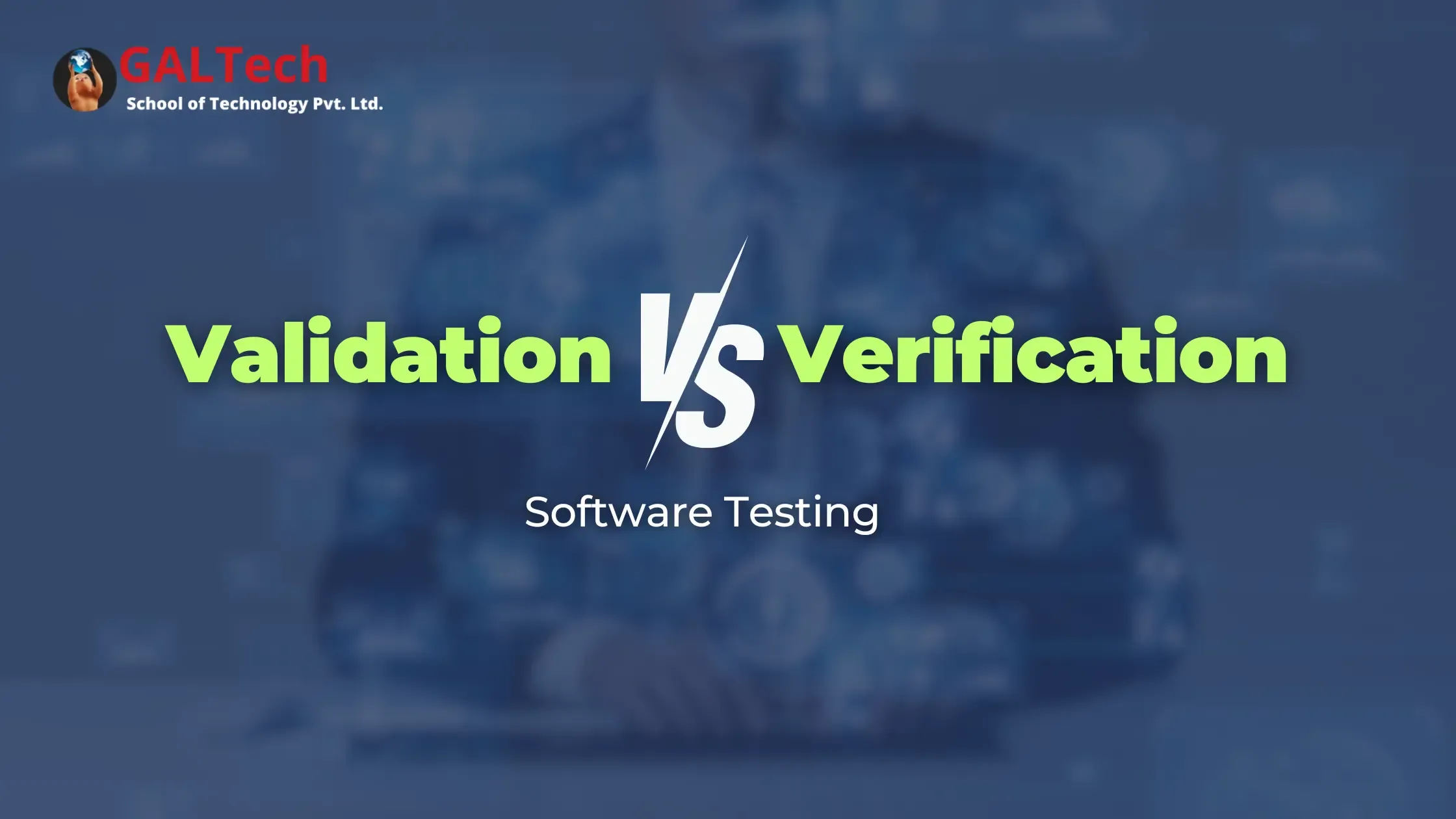Data Analytics vs Data Science: Best Career Path in 2025
GALTech School of Technology Private Limited > Blogs / Data Analytics vs Data Science: Best Career Path in 2025

The discussion around Data Analytics vs Data Science continues to grow as technology transforms the way businesses utilise information. Both fields are essential for turning raw data into insights, but they differ greatly in purpose, skills, and outcomes. Understanding these differences can help students and professionals make smarter career choices in today’s data-driven world.
What Is Data Analytics?

Data Analytics is the process of examining datasets to uncover meaningful insights and support better decision-making. It involves collecting, cleaning, interpreting, and visualising data to answer specific business questions or improve performance.
Most analytics work deals with structured data, such as spreadsheets or databases. The main goal is to identify trends, measure results, and find actionable patterns that help organisations operate more efficiently.
Data analytics is often divided into four categories:
- Descriptive analytics explains what has happened in the past.
- Diagnostic analytics explores why it happened.
- Predictive analytics forecasts what is likely to happen next.
- Prescriptive analytics recommends actions based on those predictions.
Professionals in this field frequently use tools like Excel, SQL, Power BI, and Tableau to create dashboards and reports that make complex information easy to understand.
What Is Data Science?

Data Science goes beyond analytics. It covers the complete process of collecting, preparing, analysing, and deploying data-driven models. It combines elements of programming, statistics, mathematics, and artificial intelligence (AI) to solve complex, often undefined problems.
Where data analytics focuses on answering specific questions, data science aims to build intelligent systems that can automatically learn and adapt from data. Data scientists often work with both structured and unstructured data—including text, images, and social media information—to build predictive models and machine learning algorithms.
Common tools and technologies used in data science include Python, R, TensorFlow, PyTorch, Hadoop, and Spark. These enable professionals to process massive amounts of data, train AI models, and deploy scalable solutions.
Key Differences Between Data Analytics and Data Science
When deciding your career path, it’s important to understand the distinction between Data Analytics vs Data Science, as each role requires different skills, tools, and approaches to handling data.
Data Analytics is more focused on immediate insights—analysing past or current data to support decisions. It is often used in areas like marketing, sales, finance, and operations where quick, accurate insights are needed.
Data Science, on the other hand, deals with future-focused innovation. It uses algorithms, coding, and machine learning to make predictions, detect patterns, and automate decision-making.
In simpler terms, data analytics tells you what is happening, while data science helps you understand why it’s happening and what will happen next.
Career roles also differ. Data analysts typically work as Business Intelligence Analysts, Reporting Specialists, or Marketing Analysts, focusing on dashboards and metrics. Data scientists often take on roles like Machine Learning Engineer, AI Specialist, or Data Engineer, developing advanced models and data products.
Because of the technical expertise required, data science roles generally offer higher salaries and long-term growth opportunities.
Real-World Applications
Data Analytics plays a crucial role in business intelligence and performance optimisation. For example:
- Retail companies analyse sales data to forecast demand.
- Marketers study customer behaviour to improve campaigns.
- Manufacturers track production data to reduce downtime and waste.
Data Science, meanwhile, powers many of the technologies we use daily. It is used to:
- Build recommendation engines for streaming and e-commerce platforms.
- Develop fraud detection systems in banking.
- Create predictive healthcare models that help identify risks and improve patient outcomes.
Both fields drive decision-making and innovation—but at different scales and levels of complexity.
Which Is Better: Data Analytics or Data Science?
Choosing between these two fields depends on your skills, interests, and long-term goals.
If you’re passionate about business analysis, visualisation, and data-driven insights, Data Analytics is the right place to start. It’s beginner-friendly, doesn’t require deep coding skills, and provides a strong foundation for understanding how organisations use data to make decisions.
However, if you’re interested in programming, mathematics, and automation, Data Science offers more advanced opportunities. It allows you to work with AI, machine learning, and big data—fields that are shaping the future of technology.
Many successful professionals begin their journey in data analytics and later transition to data science after learning programming languages like Python or R and developing modelling skills. This path offers steady career growth and flexibility in the ever-evolving data landscape.
Career Outlook and Opportunities in 2025
The demand for data professionals continues to grow rapidly in 2025. Businesses across every sector are looking for skilled analysts and scientists who can make sense of large datasets and turn them into strategic value.
Data analytics professionals are in high demand in industries like finance, marketing, and operations, where decision-making speed is crucial. Data scientists are sought after in AI, fintech, healthcare, and automation, where predictive modelling and innovation drive competitive advantage.
By comparing Data Analytics vs Data Science, beginners can identify which path aligns better with their interests and career goals, ensuring they make an informed choice in the evolving data industry.

Conclusion: Choosing Your Path in the Data World
Both Data Analytics and Data Science play critical roles in today’s digital economy. Analytics focuses on generating actionable business insights from existing data, while data science goes deeper—creating predictive and automated solutions for the future.
For beginners, data analytics offers an excellent entry point. Once you gain experience and technical confidence, advancing into data science can unlock more creative and high-impact opportunities.
Whether your goal is to visualise insights, predict trends, or build AI-powered systems, learning how to work with data will remain one of the most valuable skills of 2025 and beyond.
Start Your Data Career with GALTech School of Technology
At GALTech School of Technology, we help you turn your passion for data into a professional career. Our Data Analytics and Data Science programs are designed for both beginners and advanced learners, combining hands-on training, industry-relevant tools, and real-world projects.
Our curriculum covers everything from Excel, Power BI, and SQL to Python, Machine Learning, and Artificial Intelligence—making you job-ready for roles in analytics, AI, and automation.
Enrol today and build your data career in 2025!
👉 Visit GALTech School of Technology to learn more about our upcoming batches in Kerala and Thrissur.
visit:galtechlearning
call:+91 70127 16483




